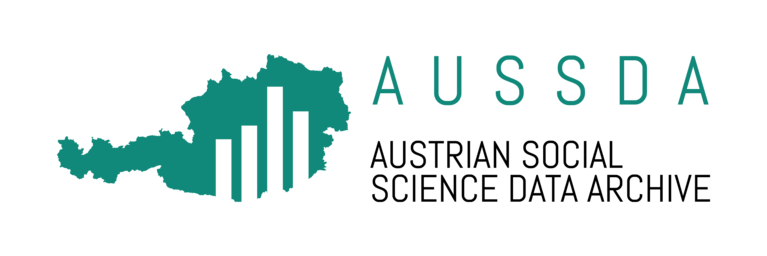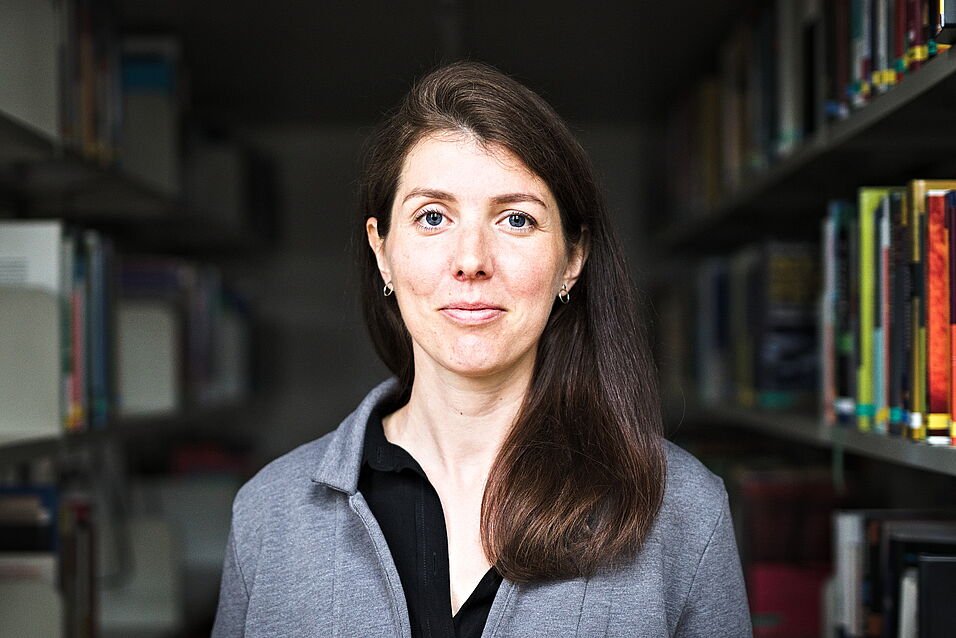What is the study about?
In the 2022 Matura student survey commissioned by the Federal Ministry of Education, Science and Research, we investigated the central factors influencing students’ plans after the Matura. Another question addressed the topic of how well the Matura students feel informed, advised and supported in their decision-making. For this purpose, we surveyed Austrian Matura students of the class of 2022 online a few months before their graduation.
A special focus of the study concerned the transition between school and higher education. In educational research, it is often criticised that this transition is associated with many problems and is becoming increasingly complex. So far, however, there has been a lack of comprehensive empirical findings. With the Matura Student Survey 2022, we were able to close this research gap for Austria and study the transition from school to higher education from the perspective of those who are about to take that step.
What is the most exciting aspect of the study for you? Were there any surprising results?
Due to the early differentiation of the education system, social educational inequalities manifest themselves relatively early in Austria. But we were able to demonstrate that even at the threshold of secondary level II, the decision whether or not to take up studies is still significantly influenced by factors of social origin. We were able to achieve very good explanatory power in our multivariate analyses because we collected many different characteristics in the survey that are also based on theoretical concepts. When different characteristics are taken into account simultaneously, it becomes apparent that one’s sense of self-efficacy of being able to successfully complete a degree programme has a much greater effect on the probability of taking up a degree programme than the actual grades. In addition, the influence of the family, the behaviour of the peer group and the degree of information also play a significant role.
Another surprising finding was that the career goals "earn as much money as possible" and "have a secure job" have a positive effect on direct labour market entry, but not on taking up studies. Furthermore, the study shows that Matura students make many decisions without feeling sufficiently informed about those decisions. From their perspective, the information available often only helps them to a limited extent. The risks that develop from this situation cause costs on several levels and therefore have social relevance.
Why did you decide to make the data openly accessible?
As the Higher Education Research Group HER, we very much welcome initiatives and processes that support Open Science. Data from the student social survey, a regular survey conducted by our research group on the social situation of students in Austria, was deposited at AUSSDA almost simultaneously to the Matura student survey. Processing the data to make it as usable as possible for other researchers as well as good data documentation requires a lot of time and effort. But these practices also create a high degree of transparency regarding research methodology and the results obtained with these data. Widening the outreach for research results, promoting scientific discourse, and strengthening quality control and trustworthiness of data are just some of the positive effects that can be achieved. The data we collect also offer the possibility to empirically test very many different relevant questions and hypotheses. We therefore hope for a broad reuse of our data within the research community, not only to advance the scientific discourse, but also to create foundations for evidence-based policy making, thus strengthening the social relevance of our research.
- Anna Dibiasi studied sociology and political science at the University of Vienna and Socioeconomics at the Vienna University of Economics and Business. Since 2014, she is a member of the research staff at the Institute for Advanced Studies (IHS) and a member of the research group HER. Her research interests include difficulties and social inequalities in the transition from school to higher education, as well as the design of the first study phase in higher education, with a focus on gender and/or STEM. She is currently leading a project on the status quo and current challenges in the STEM field in higher education and analyses different factors that play into the decision at the end of secondary level II of whether or not to take up STEM studies.

